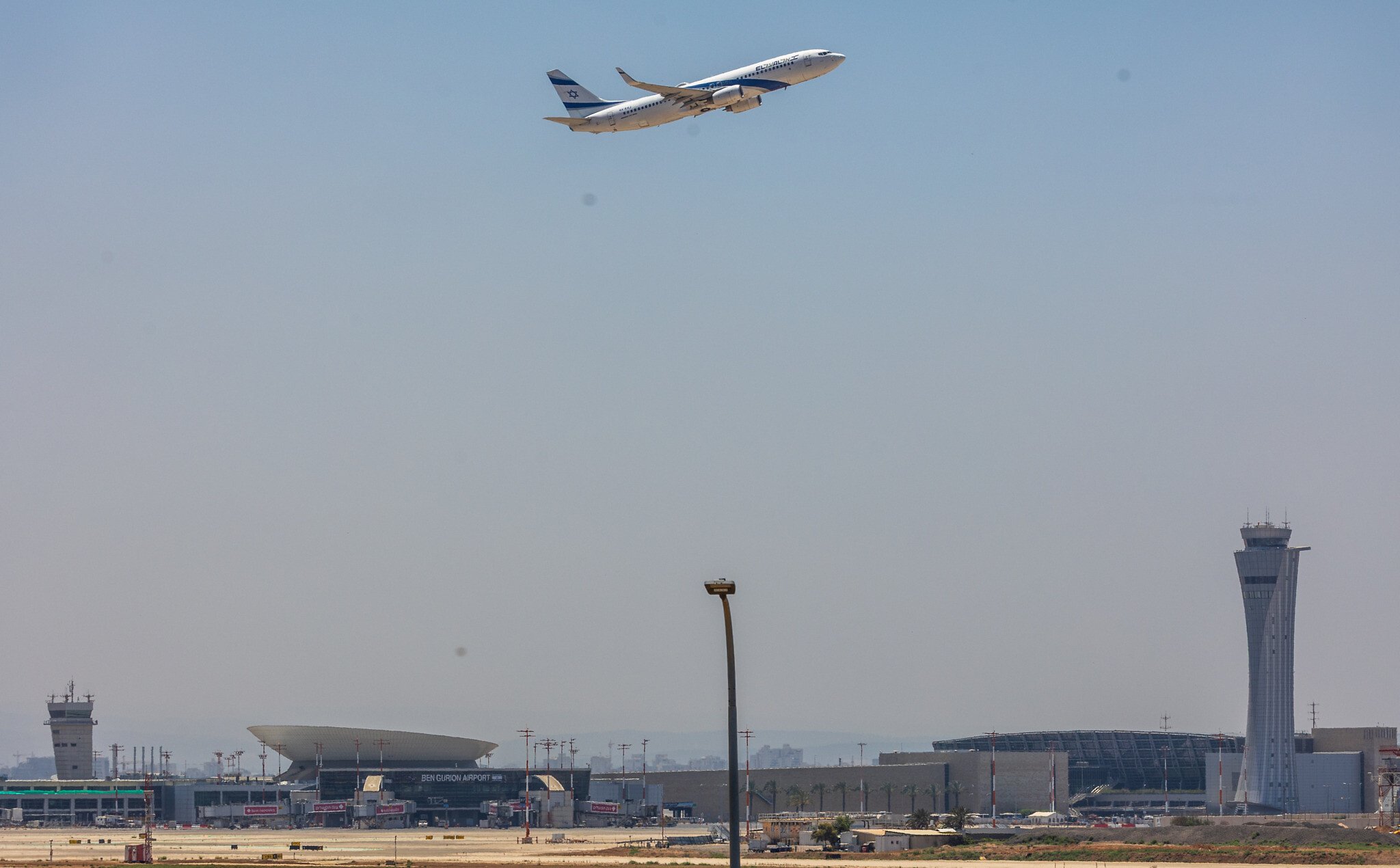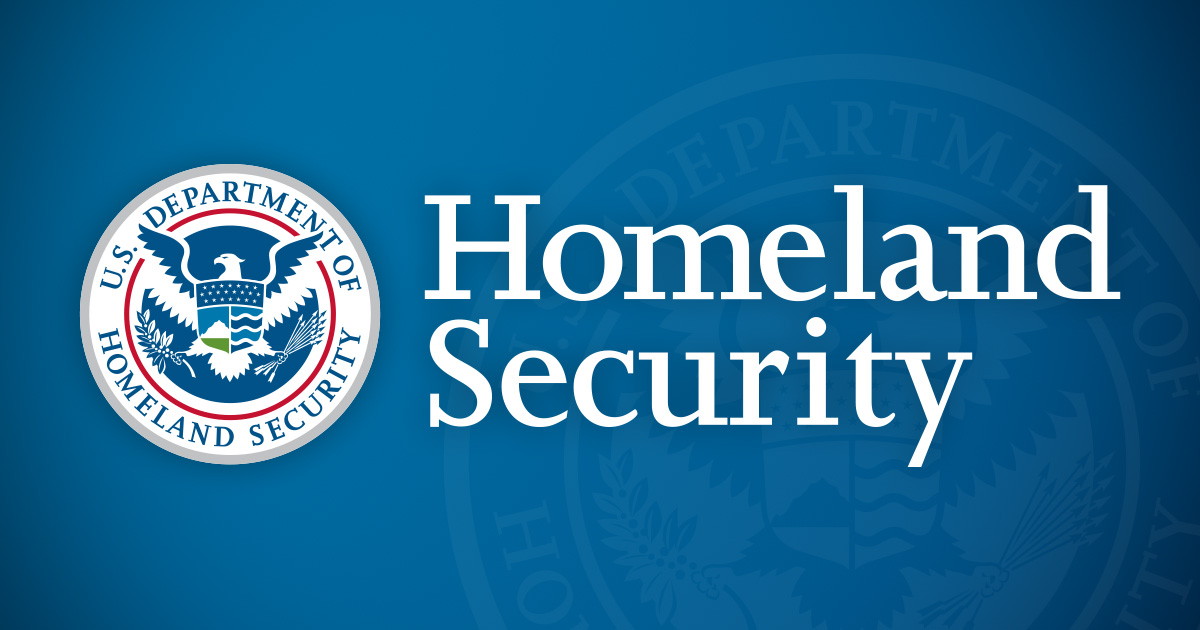What Happened
On June 15, 2025, many countries, including Argentina, the United States, Mexico, and several others in Latin America, celebrated Father’s Day. This day is dedicated to honoring fathers and father figures, expressing gratitude and love through various means such as family gatherings, gifts, and heartfelt messages. The celebration invites individuals to reflect on the roles that fathers play in their lives, emphasizing the emotional and moral support they provide.
The origins of Father’s Day can be traced back to the early 20th century in the United States. It was first proposed by Sonora Smart Dodd in 1909 to honor her father, a Civil War veteran who raised six children alone. The first official celebration took place in Spokane, Washington, on June 19, 1910. Over the years, the observance gained popularity, and in 1972, President Richard Nixon signed a proclamation establishing the third Sunday in June as Father’s Day in the U.S. This date has since been adopted by many countries, although some, like Spain and Italy, celebrate it on March 19 in honor of Saint Joseph.
Key Details
- Date of Celebration: Father’s Day is celebrated on the third Sunday of June in many countries, including Argentina, the U.S., Mexico, and Colombia. In 2025, this falls on June 15.
- Cultural Significance: The day serves as a reminder to express appreciation for fathers, grandfathers, stepfathers, and other paternal figures. It is often marked by family gatherings, special meals, and the exchange of gifts and messages.
- Historical Context: The modern celebration of Father’s Day began in the early 1900s, with the first official observance occurring in 1910. The day was established to recognize the contributions of fathers and their role in family life.
- Variations in Celebration: While many countries celebrate on June 15, others, particularly those with Catholic traditions, observe Father’s Day on March 19. This divergence is rooted in cultural and religious practices.
Multiple Perspectives
The celebration of Father’s Day is viewed differently across cultures and individuals. In countries like Argentina, the day is a significant occasion for family reunions and expressions of love, often involving shared meals and thoughtful gifts. Messages exchanged on platforms like WhatsApp reflect a range of sentiments, from humorous to deeply emotional, highlighting the diverse relationships people have with their fathers.
Conversely, some individuals may feel ambivalent about the day due to personal experiences or loss. For instance, those who have lost their fathers or have strained relationships may find the day challenging. This perspective is not often highlighted in mainstream celebrations but is important to acknowledge.
In the United States, the commercial aspect of Father’s Day has grown significantly, with consumers spending billions on gifts, cards, and dining experiences. According to the National Retail Federation, Americans planned to spend approximately $22.4 billion on Father’s Day in 2024, indicating a trend towards commercialization similar to that of Mother’s Day.
Context & Background
Father’s Day serves not only as a celebration of paternal figures but also as a reflection of societal values regarding family and fatherhood. The day emphasizes the importance of father figures in the emotional and moral development of children. It provides an opportunity for families to come together and recognize the sacrifices and contributions of fathers.
The establishment of a specific day to honor fathers can be seen as part of a broader movement to acknowledge the roles of parents beyond traditional gender norms. As societal views on parenting evolve, the significance of Father’s Day may also shift, reflecting changing family dynamics and expectations.
The choice of June as the month for celebration in many countries aligns with a more secular approach, distancing the day from religious connotations associated with March 19. This shift has allowed for a more inclusive celebration that can resonate with a wider audience.
What We Don’t Know Yet
While Father’s Day is widely celebrated, there are still uncertainties regarding its future significance and how it will evolve in response to changing societal norms. The impact of commercialization on the authenticity of the celebration is also a topic of ongoing discussion. Additionally, the experiences of individuals who may not fit the traditional mold of fatherhood or who have complex relationships with their fathers remain underexplored.
As society continues to grapple with issues of identity, family structure, and emotional well-being, the ways in which Father’s Day is observed may adapt. Future studies could provide insights into how different demographics perceive and celebrate this day, as well as the emotional implications of such celebrations for those with diverse familial experiences.


